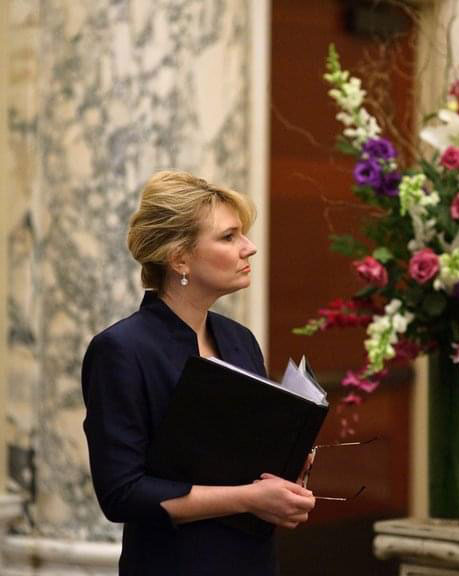In my opinion the American philanthropic sector is one of the most interesting parts of the non-profit landscape. With thousands of foundations marshalling billions of dollars of assets, these tax exempt organizations enjoy an autonomy allowing for innovative grantmaking for new ideas and neglected issues. American foundations have been on the cutting edge of addressing contemporary social issues of every variety, including matters pertaining to death and dying.
I consider myself something of a student of philanthropy, so I feel compelled to offer some historical background. Some of the major private foundations emerged at the beginning of the twentieth century, with notable industrialists Andrew Carnegie and Henry Ford, among others, devoting their fortunes to serve the advancement of humanity. These foundations continue to thrive today. While the world of philanthropy is sometimes attacked in the media and by politicians, due to their tax-exempt status, they provide invaluable leadership in addressing “unpopular” and neglected social issues.
Since those early days of the 1900s, we have seen a flowering of foundations of all sorts. In recent years, the burgeoning wealth of financial and technology sectors has yielded massive donations from the likes of Bill and Melinda Gates and Warren Buffett, among others. One of the most fascinating major donors is George Soros, the controversial financier from Central Europe. Over the last 15 or more years, Soros has plowed hundreds of millions of dollars into the Open Society Institutes in America and abroad. While many know him as a supporter of building democratic institutions in countries of the former Soviet Empire, he has led a less well-known philanthropic effort to serve the needs of the dying.
The interest of George Soros in this topic is directly connected to his personal experience—he was appalled at the inadequate and antiquated care of his mother during the final months of her life. Most would agree that the American culture, for all of its advances and sophistication, generally avoids dealing with the reality of death and dying. Soros is convinced that “we can do better” in palliative care and grappling with the reality of individual passages. Between 1994 and 2003, his Open Society Institute (OSI) in New York supported and managed the “Project on Death in America.” This project was subsequently transformed into the International Palliative Care Initiative. Soros and OSI were so important in drawing attention to these issues, a foundation “affinity group” emerged around death and dying, “Grantmakers Concerned with End of Life Care.” This consortium, along with Grantmakers in Aging, continue to provide much-needed leadership in meeting needs of caring for people who are actively dying and healing after the loss.



